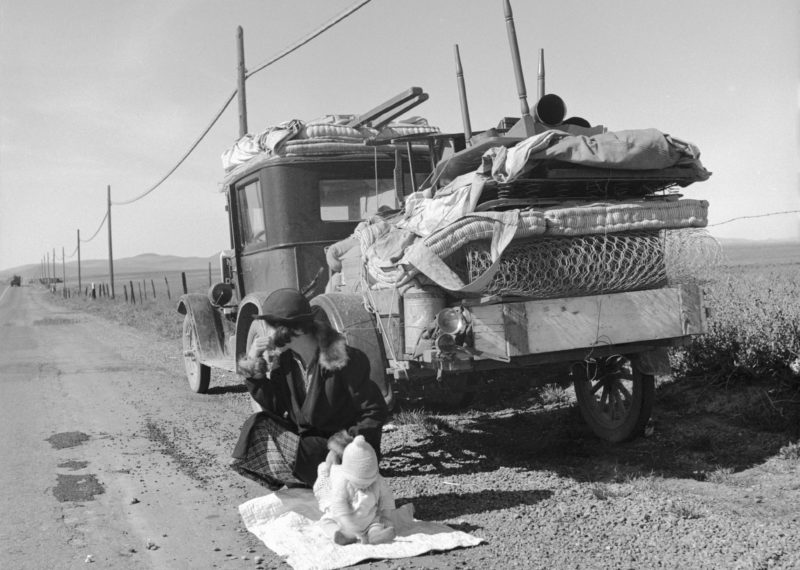Few species have proved as adaptable as Homo sapiens. From their origin in the Horn of Africa, modern humans extended their reach to the frigid plains of Siberia, the torrid deserts of Australia and the humid jungles of South America, learning to thrive in even the harshest environments.
Now, climate change is challenging humanity’s powers of adaptation, as more intense heat waves, droughts, storms and floods threaten to make parts of the Earth uninhabitable. In the decades to come, rising seas will swallow up low-lying islands in the Pacific. High-powered hurricanes will batter the tropics. And unsurvivable heat waves will imperil South Asia and the Middle East, forcing people to flee to cooler latitudes and higher ground.
Over the last 50,000 years, humans managed to conquer every corner of planet Earth. In the 21st century, they will begin to retreat.
That shift is already underway. Climate change is displacing millions of people today. And if countries fail to make sharp cuts to carbon pollution, it will displace hundreds of millions more. By one estimate, climate disasters could uproot upwards of 1 billion people by 2050, raising important questions about how the world will respond.
That brings us to our latest issue: humanity’s new era of climate migration.
We tell the story of two people, both uprooted by Atlantic hurricanes, who have very different experiences emigrating to the mainland United States, which offers no formal protections for climate migrants. We report on the growing trend of Californians leaving the Golden State to escape wildfires. We explore how small farmers in Chile are struggling to pay for water supplies amid an ongoing drought, forcing many to move to cities. We explain how, in Asia, people displaced by climate disasters are struggling to find safety from extreme weather. And we describe how President Biden could give a major boost to countries hard hit by climate change by making it easier to migrate to the United States.
Humans can erect sea walls and storm barriers, or engineer hardier crops to protect against climate change. But for many, their only choice will be to find safety somewhere new.
We can’t deter people fleeing for their lives. They will come. The choice we have is how well we manage their arrival, and how humanely.
António Guterres


